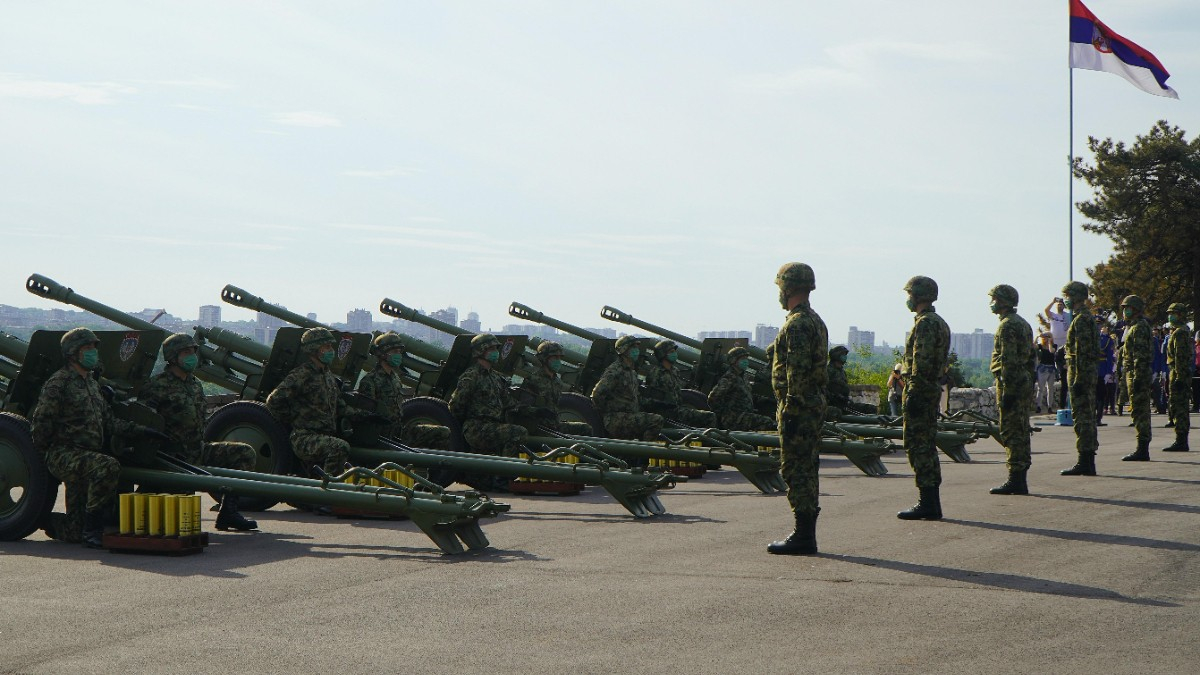Speculations about the extent of participation of North Korea military men in the Russia-Ukraine war brought a wave of controversy at an increased level. Latest available intelligence reveals that the main activities are currently underway to involve those forces in combat actively, operating shoulder to shoulder with the forces of Russia, mostly along the strategic axis of the Kursk area.
Deployment numbers
Estimates of the number of North Korean soldiers currently deployed in Russia vary; US and Ukrainian intelligence puts the figures between 10,000 to 12,000 troops stationed in the Kursk area. The deployment comes amidst a deepening military relationship between North Korea and Russia, following an increasingly tight cooperation that started after the outbreak of the Ukraine war in 2022. The North Koreans are thought to be playing a largely frontline role against Ukrainian forces, in a dramatic shift from the previously anticipated non-combat duties.
They have further been reportedly used as “expendable frontline assault units” for mounting offences while they had a dearth of experience as well as knowledge of the way the wars are prosecuted at modern levels. There are fears that all these soldiers are also highly challenged on the battlefield, much as this particular kind of theatre of operation remains the one dominated by drone wars.
Casualties reported
Casualty figures for the North Korean soldiers started trickling in as of mid-December 2024. Further, according to South Korean intelligence reports, at least 100 North Korean soldiers are estimated to have been killed since the beginning of their deployment; almost 1,000 soldiers are estimated to have been injured during combat operations. These figures point to the high casualty rates experienced by these troops within a short period of engagement.
These claims have been corroborated by Ukrainian military intelligence, which reported at least 30 North Korean troops killed or wounded in specific engagements around key locations like Plekhovo and Vorobzha. Besides, there is every indication that casualties may rise further as the fighting escalates.
The Pentagon has also confirmed that North Korean forces have been fighting alongside Russian troops and taken casualties. While U.S. officials would not give exact figures, they said “several dozens” of North Korean soldiers had been killed or wounded.
Challenges faced by North Korean troops
Several factors have contributed to the high casualty rate among North Korean soldiers:
- Lack of field experience in open-field combats: The majority of them are not experienced; hence, at a disadvantage to the more seasoned Ukrainian forces.
- Lack of exposure to modern warfare: Lack of exposure to modern war, especially to unmanned combat air vehicles; North Korea has hardly engaged with modern advanced combat techniques which makes the effectiveness of the Ukrainians in countering this army even easier.
- Operational role: They were used as shock troops in the very front line and were expected to engage the enemy directly with no substantial backing or planning. The casualties have been immense since they are normally thrown into battles with little preparation.
Reports from South Korea’s NIS indicate that grievances have emerged in the Russian military over North Korean troops’ effectiveness. Their lack of experience with modern combat led some Russian commanders to regard them as a liability more than an asset.
Future implications
There is now a belief that even as the North Korean forces have already sustained a huge number of casualties, more reinforcements may be considered by Pyongyang to supplement those in Russia. The intelligence service said it has witnessed activities in North Korea’s elite Storm Corps, which point towards new deployments. It also means that Kim Jong-un might double down on the military axis with Russia.
The situation implies that in return, Russia is likely to compensate North Korea by upgrading its conventional weaponry, thus rewarding their support of it in Ukraine. In that context, this tango developing between Russia and North Korea acquires deeper geopolitical connotations with regard to the consequences of the War and eventual further militarization.
Read more: Trump is considering pardoning New York City Mayor Eric Adams on corruption charges
Read more: Who is Travis Timmerman, the American who was missing in Syrian prisons who has flown out of the country after being released
